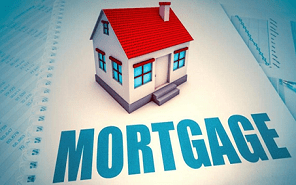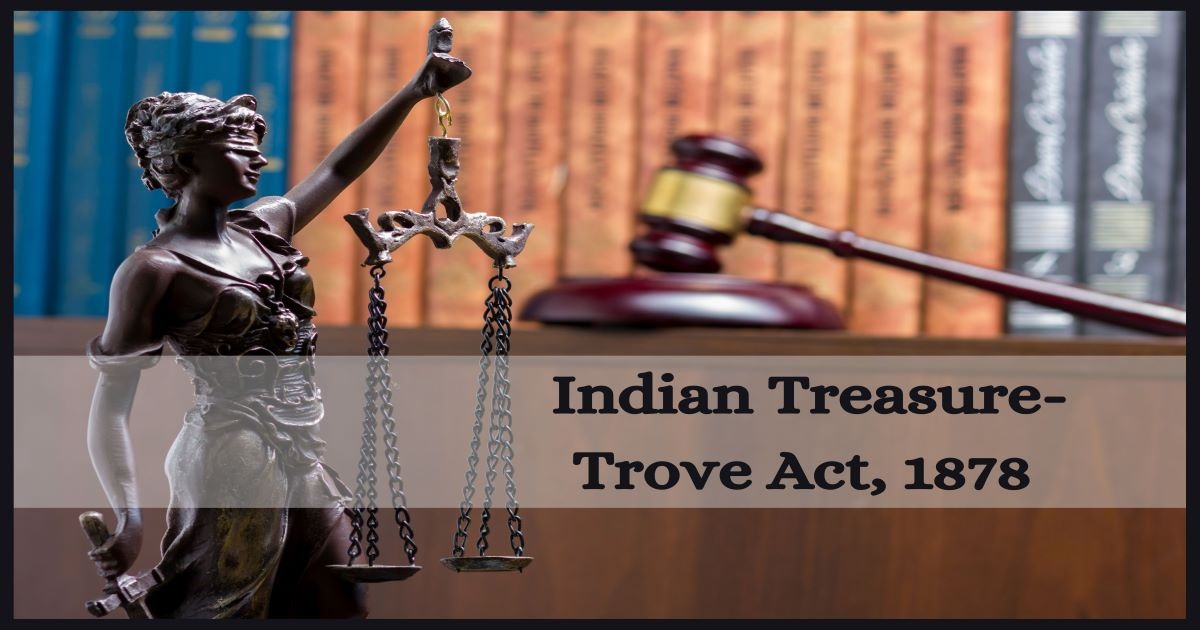It is no secret that when it comes to investment, Indians have a soft spot for real estate and they will mostly invest in house rather than in a commercial property. According to experts, real estate is a capital guzzler in the sense that it takes a huge amount of investment to acquire. A single piece of land or an apartment will often comprise about 70% to 80% of the investor’s portfolio, meaning, that much of his entire savings has gone into acquiring that property.
Which means, if the investment fails due to any reason, that is the amount of money he ends up losing. For those buying a home for investment, and not for self use, such an investment, that locks in such a huge chunk of one’s money, should be avoided.
What you should consider
Moreover, it is not easy to liquidate real estate at all. Hence, the investor should be careful that he or she has enough assets that could be liquidated when the time comes. One cannot simply sell off a portion of an apartment at any time, of course. It will be all or nothing. While considering real estate, it is also important to keep in mind that whether the property will be easy to maintain in the long run. For most investors, the property tends to lie still, or put out on rent, till the time comes to sell it after there has been significant property appreciation in the locality, and this could take a good number of years. In either case, the cost of maintenance has to be borne by the investor till it is handed over and the upkeep is only possible if the investor is nearby to look after it. Over the years, water leakage, bird nests and other damp walls show their mark, along with rising taxes and the like, and all of this has to be taken into account. Selling real estate is also difficult as bequeathing a real estate and then transferring the titles could be a cumbersome and time consuming process.
In other words, a bad investment can ruin the entire portfolio of the investor.
Why people invest and the intricacies behind it
One of the reasons why people invest in real estate is because they think that it will never be a loss as price appreciation is sure to take place in future and one will end up getting more than what one paid to acquire it. However, the outlook towards real estate has changed somewhat in the recent years and the demand has also gone down considerably. The prices are increasing and most builders have large unsold inventories under them. Investing in real estate could prove to be a high risk proposition in this case.
Experts recommend that for those who have wealth less than Rs 10 crore should invest in residential homes and for the wealthier people, only 30 to 35% of their wealth should go into real estate assets. This is because for those who have limited wealth, it is important to be able to utilize that wealth in times of need and this can be done by selling the house. Since one bad deal can ruin the entire port folio, it is important to take this decision with care.
Experts also say that most investors also often fail to calculate the effective return or CAGR from a property. Real estate, like a home, is more tangible, which is why the investor feels assured that it will always be there for him. However, it is important to calculate the right return and one should not be impressed with abnormal numbers. Those who are thinking of investing in a second home for rental income feel that it is one of the best options for retirement income. Also, lifestyle is also a major driver as people try to acquire bigger and better homes every five or seven homes and this is one of the markers for the upwardly mobile.
What you should do
Hence, it is better to acquire a portfolio where the investments are made in such a manner that the overall returns are secured by other investments as well. The best option is to balance between real estate and other forms of investments like FDs and other similar forms. The objective should be to optimize and not maximize the returns. One should have a good idea of what is needed and what one wants and one should also have a clear picture regarding the post investment plan and have a schedule in mind to reinvest in the returns if one wants to build on the wealth after a point of a time.
It should also be kept in mind that investing in real estate could also be a very emotional experience, especially those investing in homes. Some want to live in their own homes, even if it is a 1 BHK. There is also something about owning one’s own place and there is often pressure to acquire a home from family members as well. All of this often drive an Indian to investment in a home more than anything else. Buying a home for living there is perfectly fine but the problem arises when one tries to calculate how much of money should be actually spent on it, and the timing of the purchase is also crucial. Buying a property should not hinder other aspects like one’s retirement plan or the education of the children.
Homes are definitely pricier today and most of the time a 25% down payment has to be paid on it. Taking a home loan is a huge long term commitment and the EMIs taken should be repaid on time. However, family dynamics are changing and people are also more mobile. In case one moves around a lot for work, it is probably best not to invest in a property just as yet, because then one will have to pay the EMIs on the property in one’s own city as well as pay the rent on the property where one is staying.






































